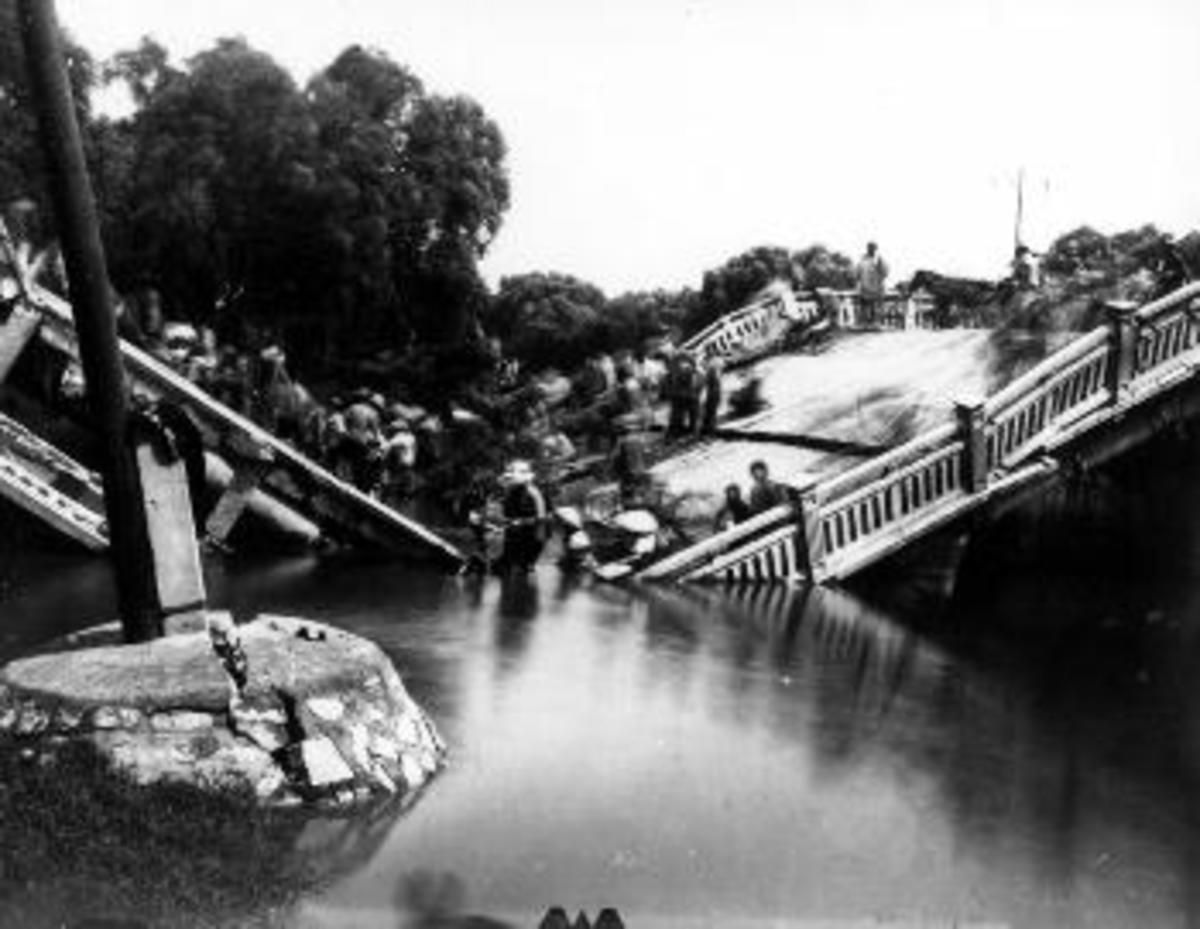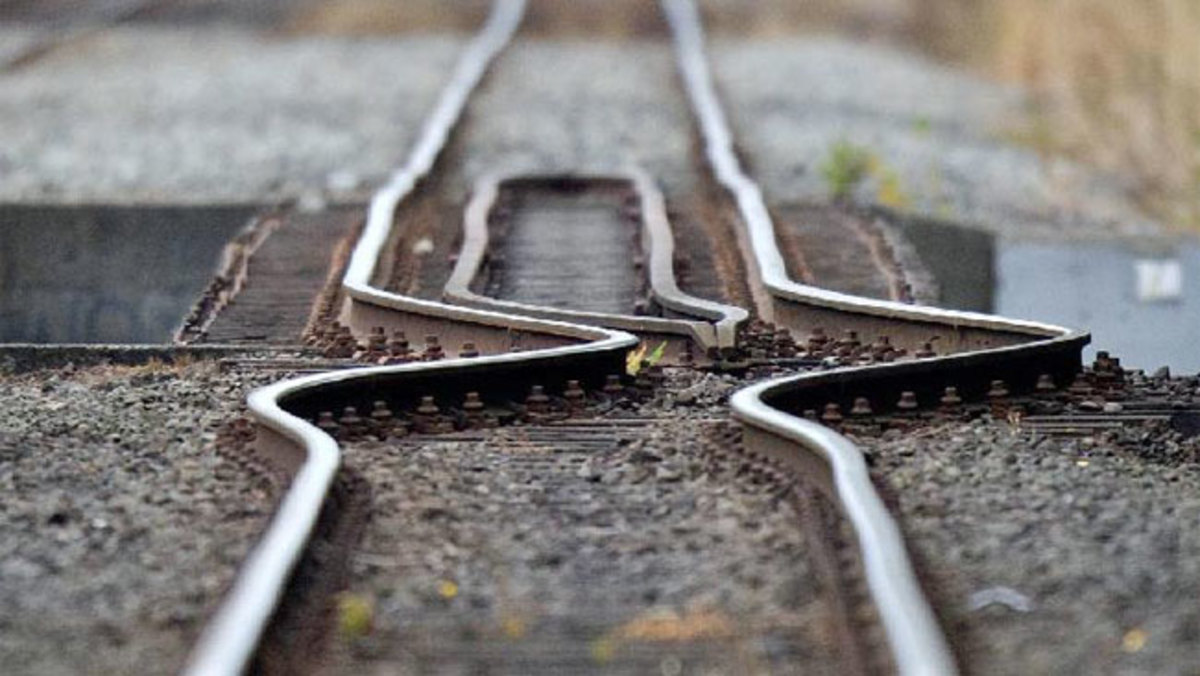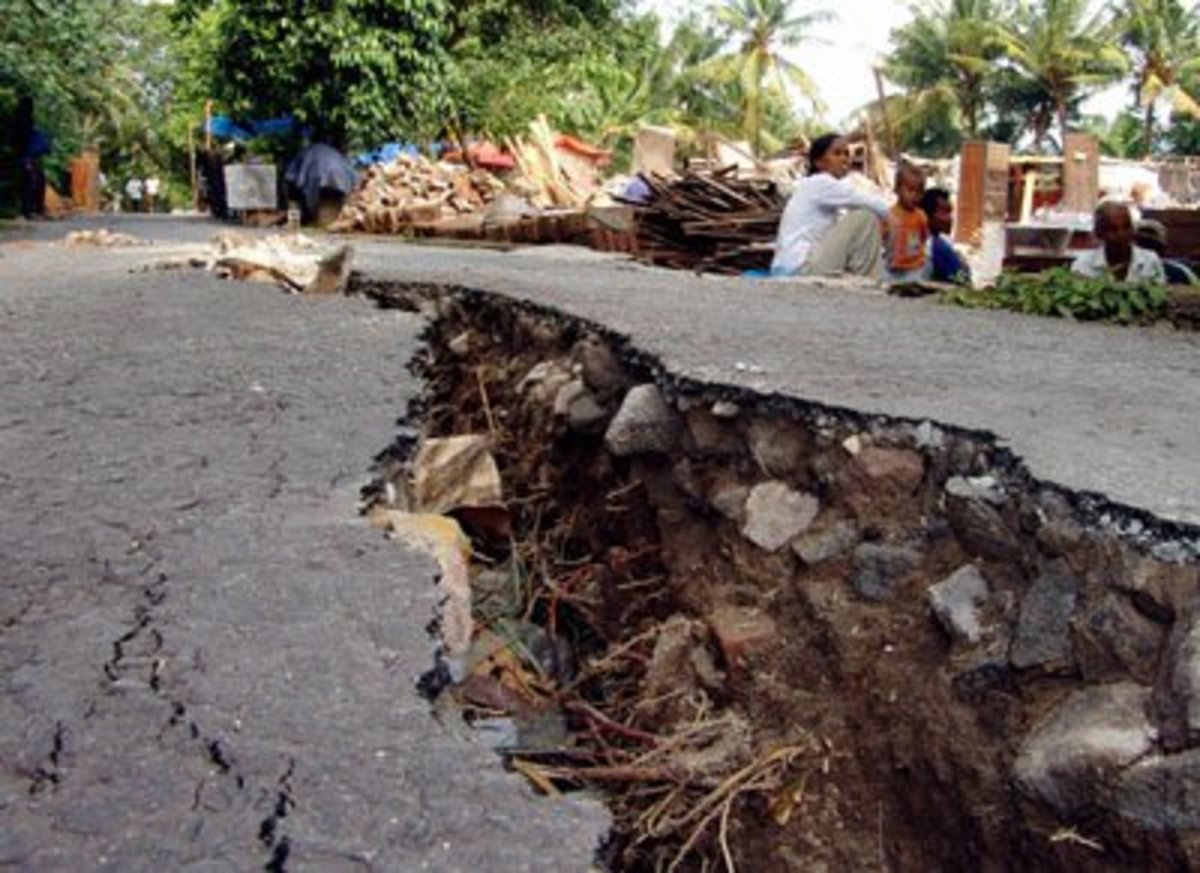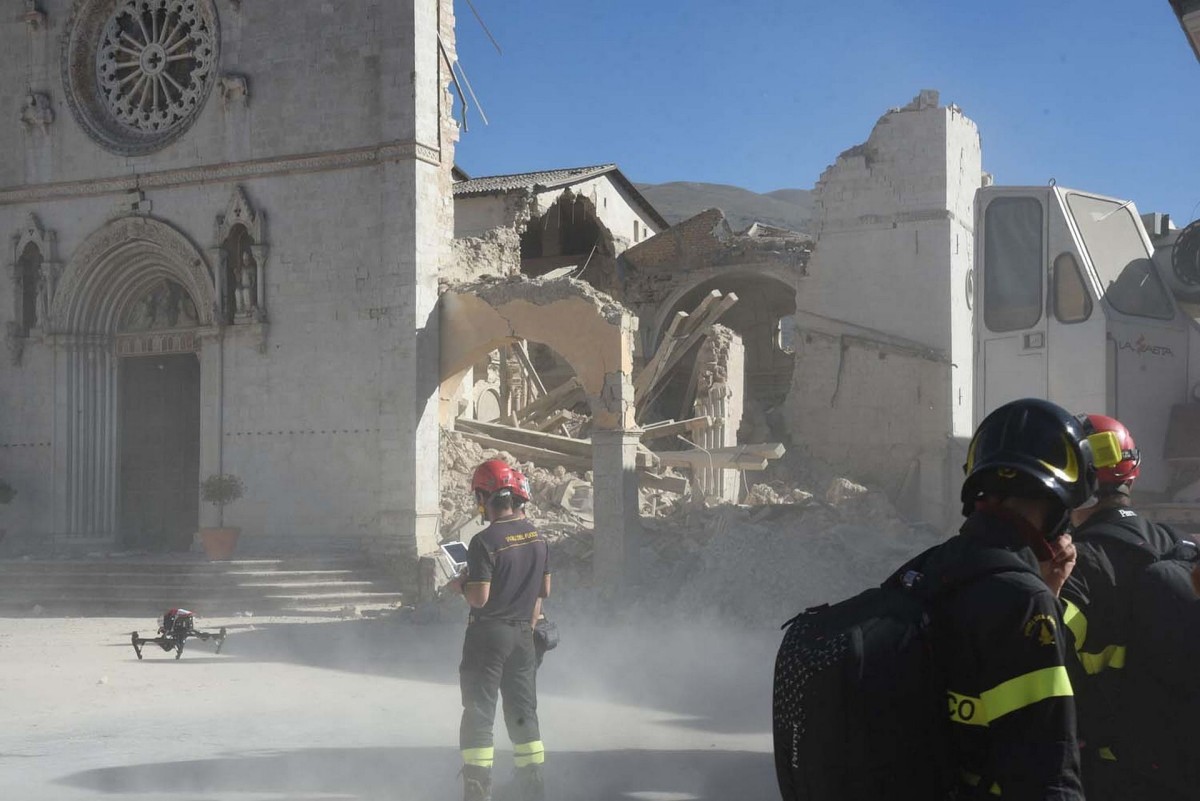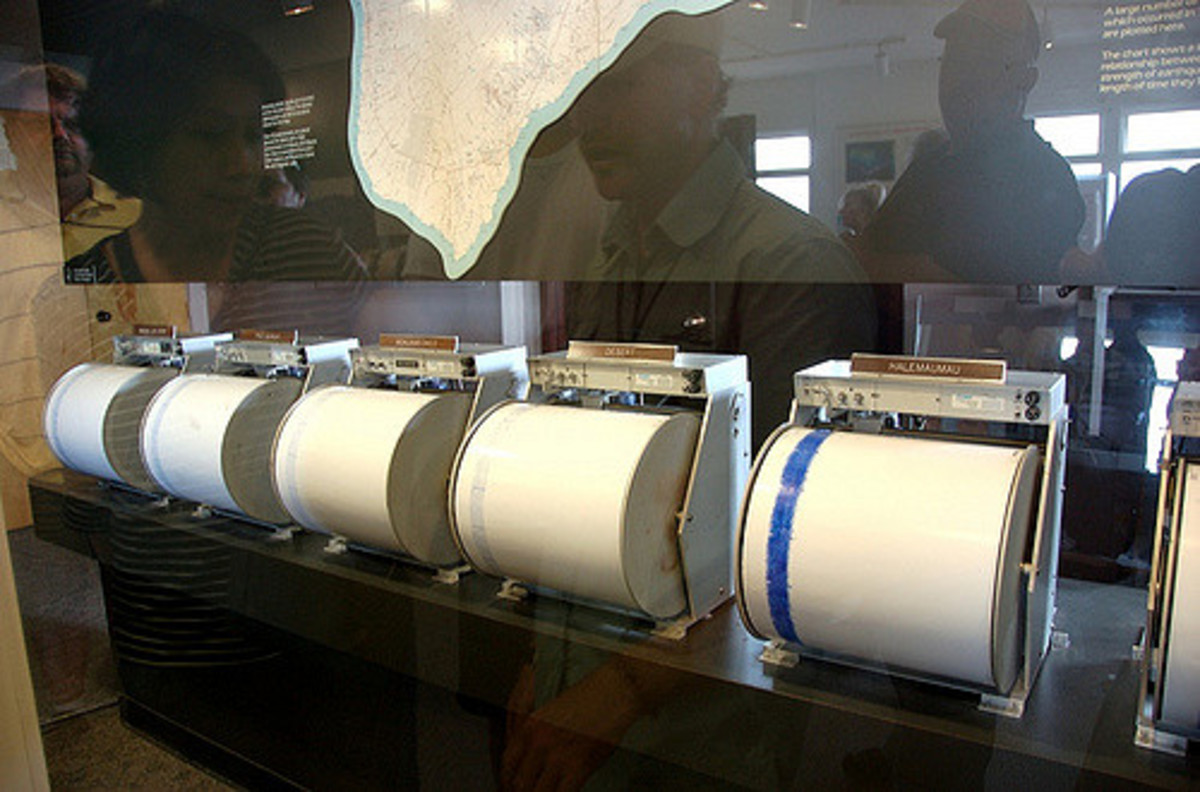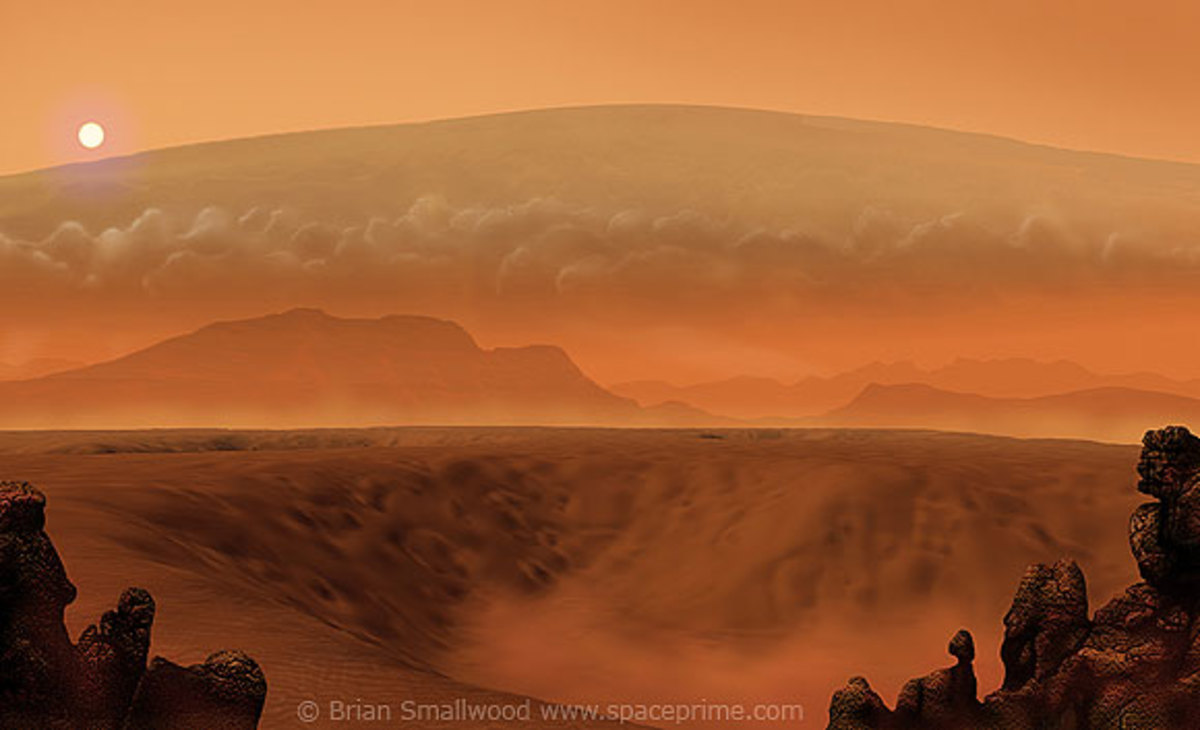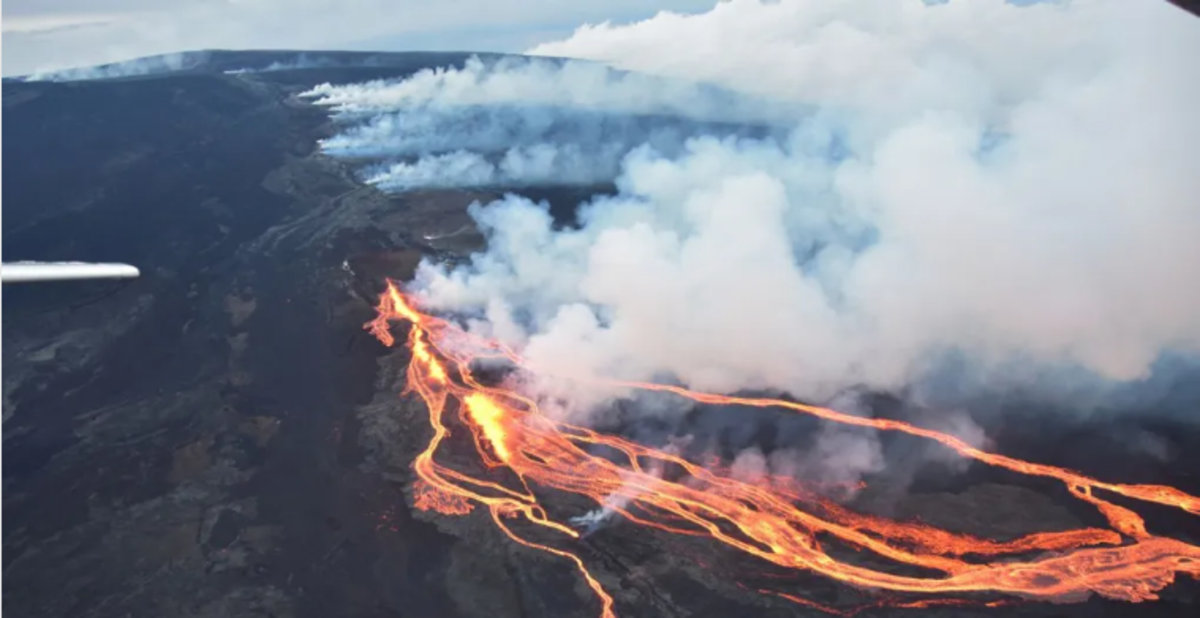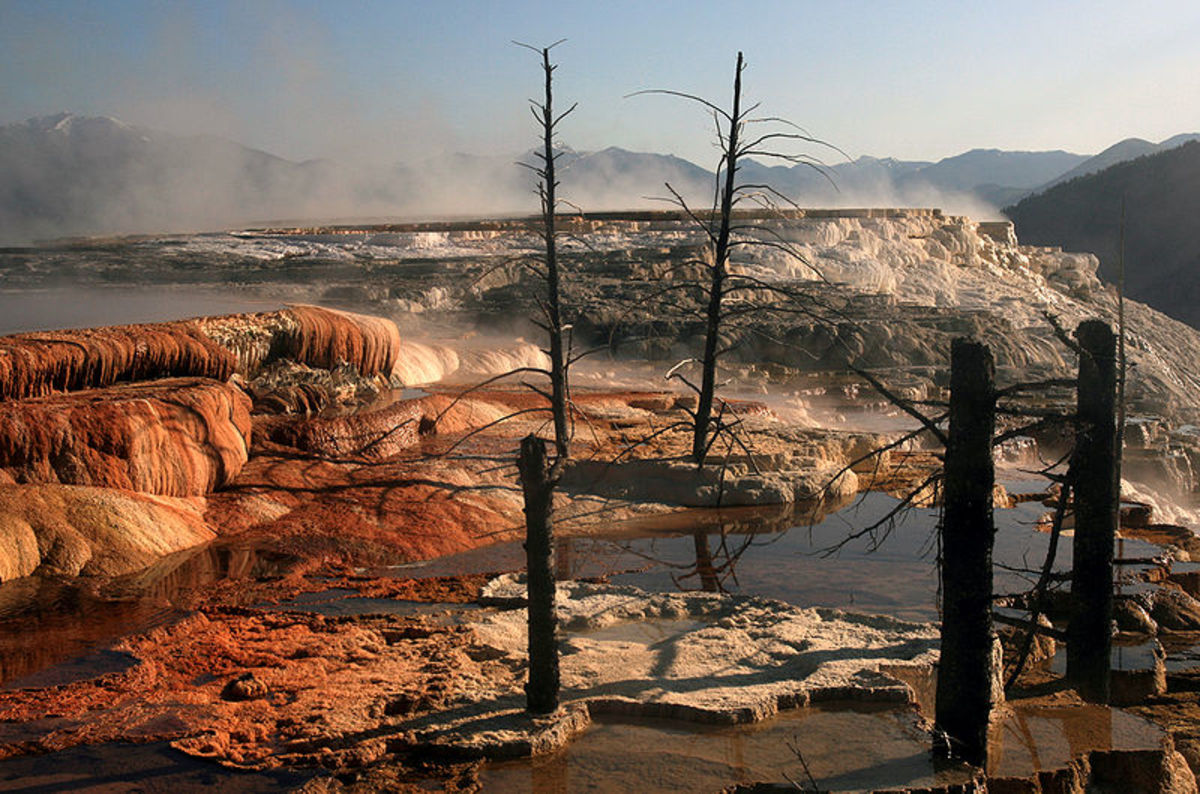What is an Earthquake
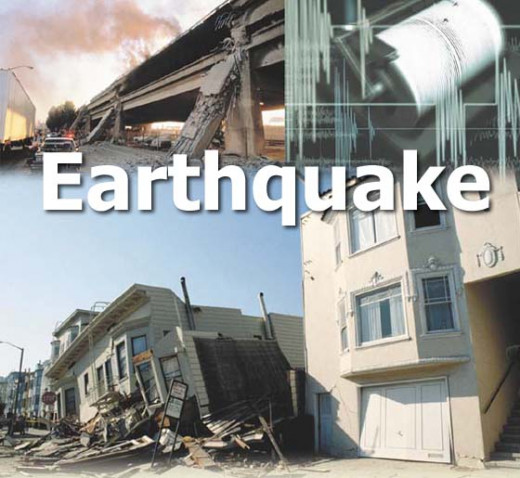
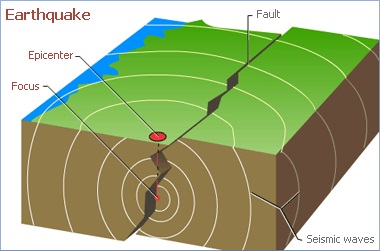
What is it?
An earthquake is a natural phenomenon that results from a rupture in the interior of earth's crust. Corresponds to the release of a large amount of energy, causing vibrations which are transmitted in a wide area.
In most cases, seismic movements are due to the geological faults between the various tectonic plates which form the earth's surface.
Over geologic time, the earth has been subject to stresses responsible for building mountain ranges and the continental drift.
Under the action of this tension, rocks gradually deform and suffer breakage. Rupture of rocky material occurs after they exceeded its limits of endurance, causing vibrations or seismic waves, which propagate inside the earth. It is these vibrations that we feel when an earthquake occurs.
Earthquakes can also be generated through the movement of flaws inside the tectonic plates. Volcanic activity may be another cause of earthquakes.
They can also be caused by shifts of the ground surface, such as rebates and landslides.
The area inside the earth in which it gives the energy release is designated by focus or hypocenter.
The point on the surface of the land situated in the vertical focus is the epicenter and corresponds to the zone where the earthquake is felt with more intensity.
The movements of the land around the epicenter are caused by seismic waves when they reach the surface, which depend on the depth of the focus and the magnitude of the earthquake.
When the seismic activity is generated in the ocean, it can be followed by tsunamis, causing great destruction in coastal structures (boats, houses, bridges).
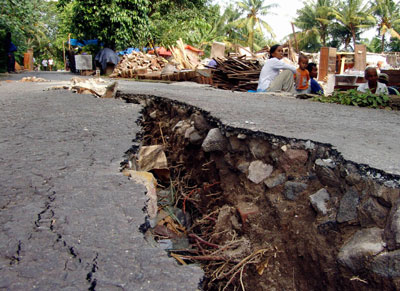
How long does an earthquake last?
The duration of an earthquake varies from a few seconds up to dozens of seconds, rarely exceeding one minute. After the main earthquake usually follow up adjustments of rocky material which result in weak earthquakes called aftershocks.
Can we predict an earthquake?
Although many scientists are doing research in this direction, it is still not possible to predict earthquakes. However, you can try to minimize their effects by identifying areas of highest risk, building stronger foundations, promoting education of the population, particularly in relation to safety measures to be taken during an earthquake, and making contingency plans.
Risks and Vulnerabilities
The fact that most of the densely populated areas are located in areas of high seismic risk make this kind of natural phenomenon a major threat to humans. The destruction of urban structures, fires caused by gas leaks resulting from disruption of the supply networks and, less frequently tsunamis are the most responsible for the material and human losses caused by earthquakes.
The seismic action can cause the collapse of buildings, bridges, dams bursting, cuts in gas services, electricity and telephone communications. It can sometimes induce the appearance of landslides, urban fires and destructive ocean waves (tsunamis). Due to the collapse of structures, communications may be interrupted until the removal of debris.
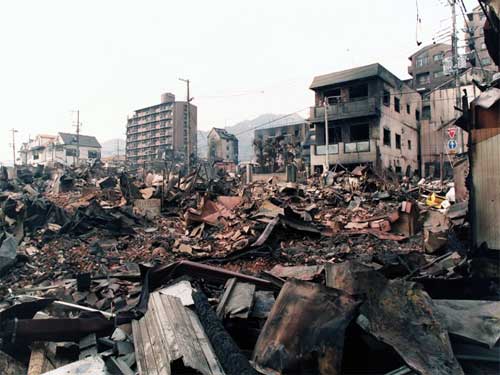
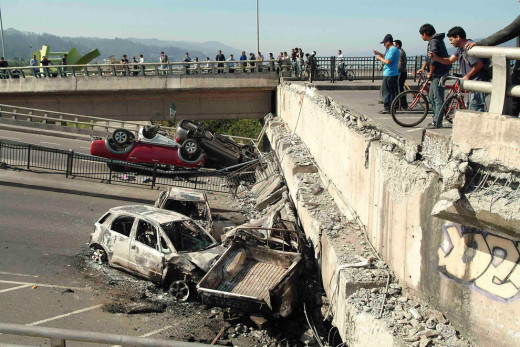
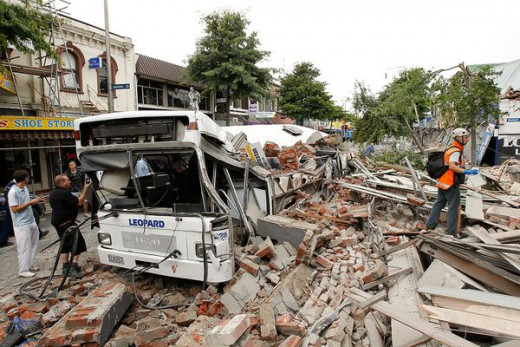
Self-protection measures
In the first minutes after the earthquake:
- Keep calm but expect the occurrence of possible aftershocks;
- Do not light matches or lighters, because there may be a gas leak;
- Immediately cut the gas, electricity and water;
- Observe if your house suffered serious damage. Immediately exit if the house is not safe. Never use the elevators;
- Watch out for broken glass or electricity cables. Do not touch metal objects in contact with electrical wires;
- Avoid wounds by protecting yourself with proper clothing. Put pants, long-sleeved shirt and wear strong shoes;
- Look for and extinguish small fires;
- Clean pesticides spills and other chemical and flammable substances;
- Move away from the beaches. A tsunami may or may not occur after an earthquake;
- If you are on the street, do not go home;
- If there are injured people, help them;
- Turn on the radio and watch for broadcast instructions.
Keep the emergency telephone numbers
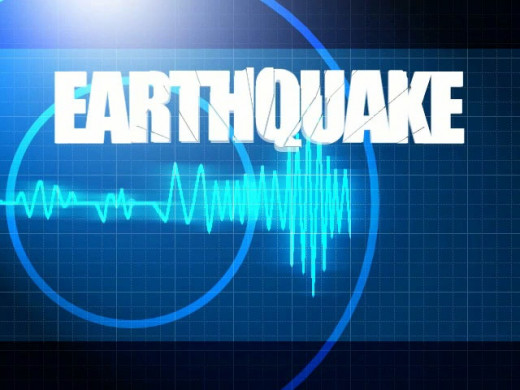
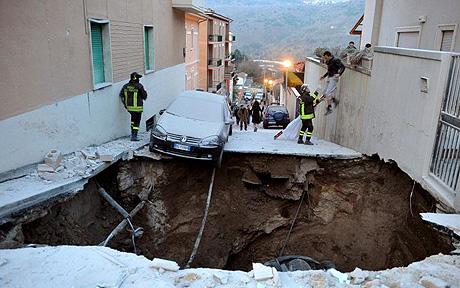
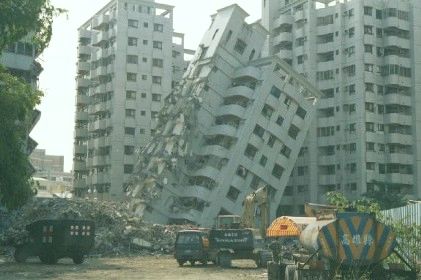
Before the earthquake:
Prepare your house:
- Unleash the exits and hallways of furniture and other objects;
- Fix shelves or heavy furniture, gas cylinders, vases and flowerpots to the walls of your house;
- Put the heaviest items on the lower shelves of the bookcases;
- Do not locate the beds near a window or under the lights. Beware of glasses!
- Have a fire extinguisher at home. Learn how to use it and make the periodic review.
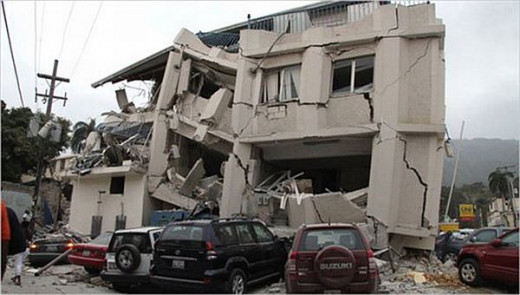
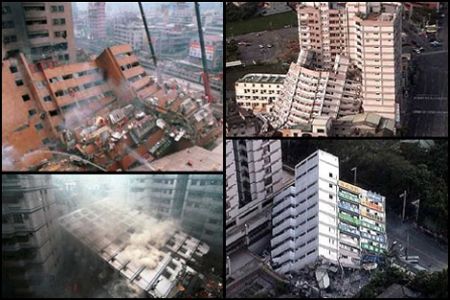
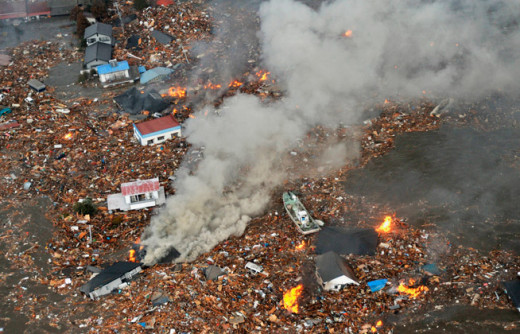
During an earthquake:
Keep calm!
At home or in a building:
- Go to a safe place and stay away from windows, mirrors and other objects that could fall;
- Kneel down and protect your head and eyes with your hands;
- Do not rush for the exits if you are on an upper floor of the building. Stairs may be crowded;
- Never use the elevators.
If you are on the street, stay away from tall buildings, electricity poles and other objects that could fall. Go to an open spot.
If you are driving, stop the vehicle, stay away from buildings, walls, slopes, poles and power lines, and stay inside your car.

